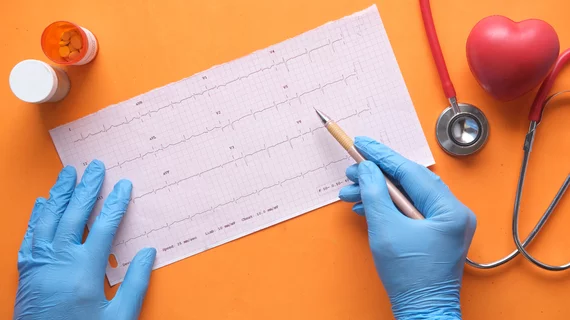Implantable heart stimulator conditionally cleared for MRI
The FDA has OK’d the use of MR imaging for patients implanted with a certain autonomic heart-stimulation device as long as the device’s labeled guidelines are followed at the imaging site.
Minneapolis-based CVRx announced the conditional approval Monday, saying its Barostim system is unlike pacemakers, implantable cardioverter-defibrillators and cardiac resynchronization therapy devices in that Barostim does not sense or respond to electrical activity.
Instead, it draws from the body’s natural baroreceptor reflex to deliver continuous stimulation and uses a magnetic switch to automatically pause therapy during an MRI scan. For these reasons, the newest models need no pre- or post-MRI scan programming.
The device “triggers the autonomic nervous system to regulate heart, kidney and vascular function through both sympathetic and parasympathetic pathways,” CVRx states.
The FDA clearance covers scans of the head and lower extremities.
CVRx has posted the conditions under which FDA deems MR imaging safe for Barostim-implanted patients.
More coverage of recent FDA approvals:
10 notable regulatory approvals of diagnostic devices over the past 30 days
FDA clears spinal-tap test that could challenge PET in Alzheimer’s diagnostics
FDA greenlights portable, wearable 3D breast POCUS
FDA clears Aidoc artificial intelligence solution for flagging suspected brain aneurysm cases

